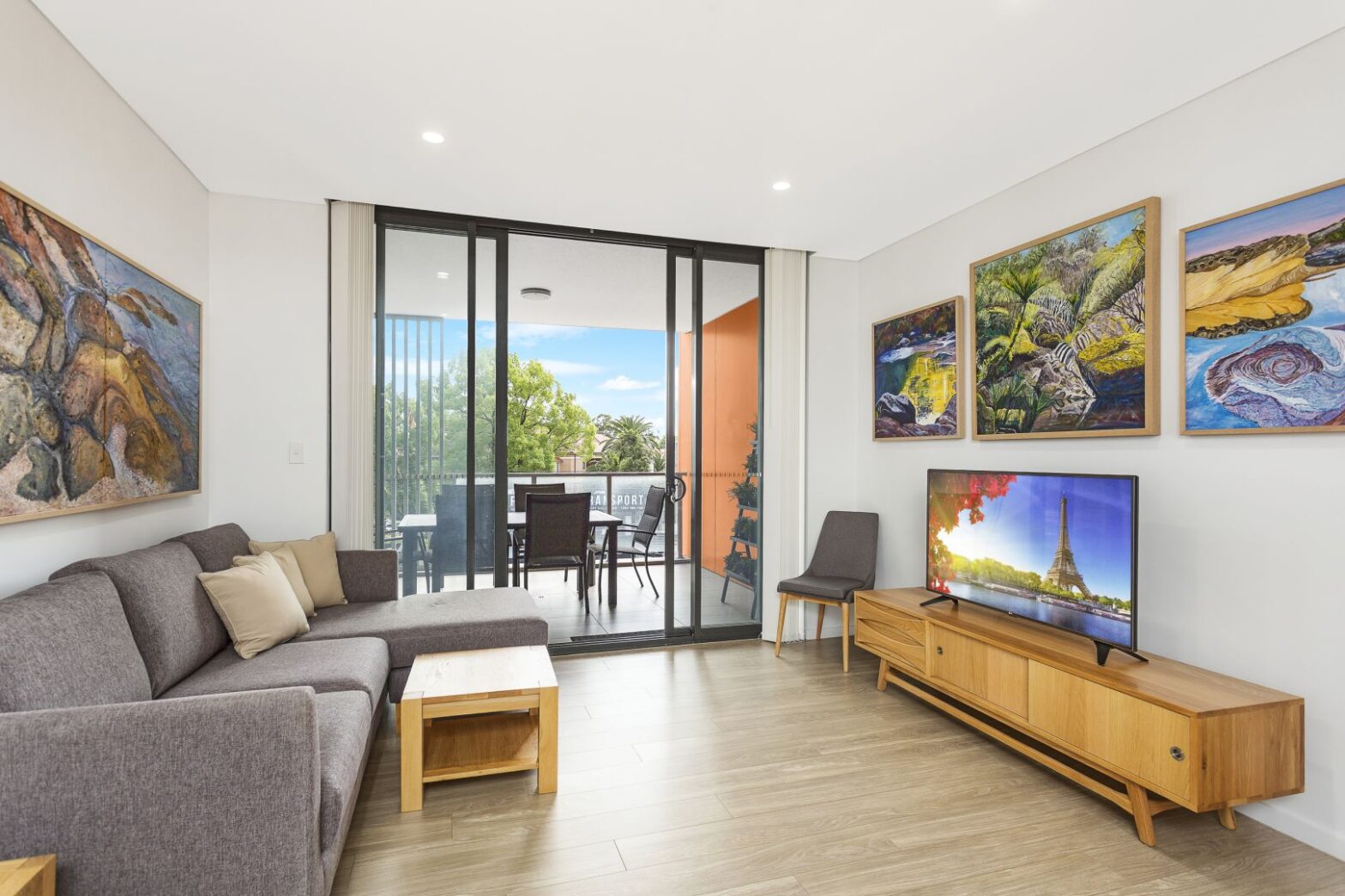Not sure how to save 5%-15% deposit for a home? We have launched a FREE home buying program that will help Sydney wannabe home owners save money and get into a suitable home.
Our expert cheapskate lending specialist will reveal over 20 tricks to save money FAST.
Interest rates today are around 2% and the mortgage repayments are often lower than the rent for the same property.
Not to mention the property value goes UP over time, and the mortgage balance goes DOWN over the same period.
Get into the property ladder and build wealth over the next 10-20 years 🙂
Let’s get rich together!
Hmm so… I’m in… but… how much cash do I need to buy my first home?
The precise answer depends on whether you’re trying to take advantage of any government grants, concessions, special home loan schemes, blablabla, there are probably 4 different “incentives” you can exploit, by restricting yourself to a certain property type, certain price range based on the property type (land with a building contract; brand new property to be paid when completed; or second-hand property), certain household income level, certain blocks of land which are already titled, certain builders which have their building contracts ready to go, or waiting until you and your partner get Australian citizenships (some incentives are not available to permanent visa holders). Things get “complicated” and “messy”.
To achieve their goal of buying a home, the majority of Australians will find it easier if they don’t spend too much energy on “optimisation”. It is difficult enough for a lot of Australians to save $50k, they need “laser-sharp” focus to save money quickly.
Therefore, in our FREE Home Buying Program, we focus on only 1 goal, which is “saving $50k” and not on optimising and exploiting every single bit of government incentives out there. We want “our energy” to be available to be spent on “saving $50k”. The principle and mindset we advocate is “it is better to achieve something (buying a home) than to create a lot of roadmaps and achieve nothing other than having a lot of roadmap sketches that already make us tired”.
Without relying on a lot of government incentives and restricting ourselves to multiple criteria, it is quite possible to buy a home with 8% deposit. Therefore the price range should be up to $600k.
This means you buy an “apartment in Sydney”, or a “house in the middle of nowhere (supported by an employment letter stating you can work from your house in the middle of nowhere)”.
But everybody is trying to buy a freestanding house??
Yes that’s true, but also a lot of Sydneysiders are still renters, because they haven’t been able to buy a freestanding house, and they insist on not buying an apartment until they can buy a freestanding house. Everybody wants a house, and in fact, as of March 2021, the majority of houses in Sydney sell for 20%-30% above their price guides in the online advertisements. If you want to buy a house, you have to be better, earn more money and save more money than a lot of other people (your competitors).
I (personal opinion) do agree that houses are “better” to buy than apartments, but houses should be your second, third or fourth property after you’ve had more experiences with properties. Unless you earn a crazy amount of income and save money crazy well, you can’t buy a house. I have personally bought 2 apartments and I still haven’t been able to buy a house yet. Buying a freestanding house is a challenging goal. I’m not better and more successful than a lot of other people, therefore I cannot buy a freestanding house (which a lot of other people want to buy).
I (again personal opinion) do believe than by successfully buying an apartment, you’ll already be more successful than the average Sydneysider who rents a house. To successfully buy an apartment, you still need to be able to “save” money (save $50k). You don’t need to be able to save money to rent a house.
Over the long term of 10-20 years, apartment prices still go up in Sydney. You can go to Google or https://www.realestate.com.au/neighbourhoods/ to find out some historical apartment prices.
Even if apartment prices go down a bit, you need to consider the “rent” which you don’t have to pay if you own the apartment. Multiple the weekly rent by 52 weeks in a year, then multiply it by the number of years you’ve owned the apartment, and you’ll have your “inflated” (hypothetical) apartment value. This hypothetical value is likely to be higher than your apartment purchase price.
If you’re currently renting a “freestanding house”, to make yourself feel better, you can in fact look at the weekly rent you’re currently paying for that house, multiply it by 52 weeks and then the number of years, and then add it onto your “apartment” purchase price. This gives you a figure which represents the hypothetical value of your apartment home, plus the “savings” which you’ve been “forced to make” by downsizing into a smaller home. It still forms part of your “wealth”, because if you had not made this move, you would have had less savings (or less money to spend on entertainment and holidays, if your savings account has $0 balance when you do the calculation).
OK sure… what’s next? Help me buy an apartment and let go of my dream of buying a freestanding house in Sydney!
Thank you so much for reading this far into the article (if you skipped the reading, do go back above where I explain why buying an apartment is not a bad idea and why you’re more likely to be successful if your goal is to buy an apartment rather than a house).
Contact us to get our personal FREE help to save $50k FAST. As a bonus, we will also review your payslips & existing debt position, and set a realistic expectation on the type of property, location and price range you can buy as your first home.
Interest rates today are around 2% and the mortgage repayments are often lower than the rent for the same property (and remember that the principal repayments actually stay with you as equity/net wealth; the interest charges and the council/other rates are pretty much guaranteed to be lower than the rent). Not to mention the property value typically goes UP over the next 10-20 years, and the mortgage balance goes DOWN over the same period (completely paid off within 30 years).

